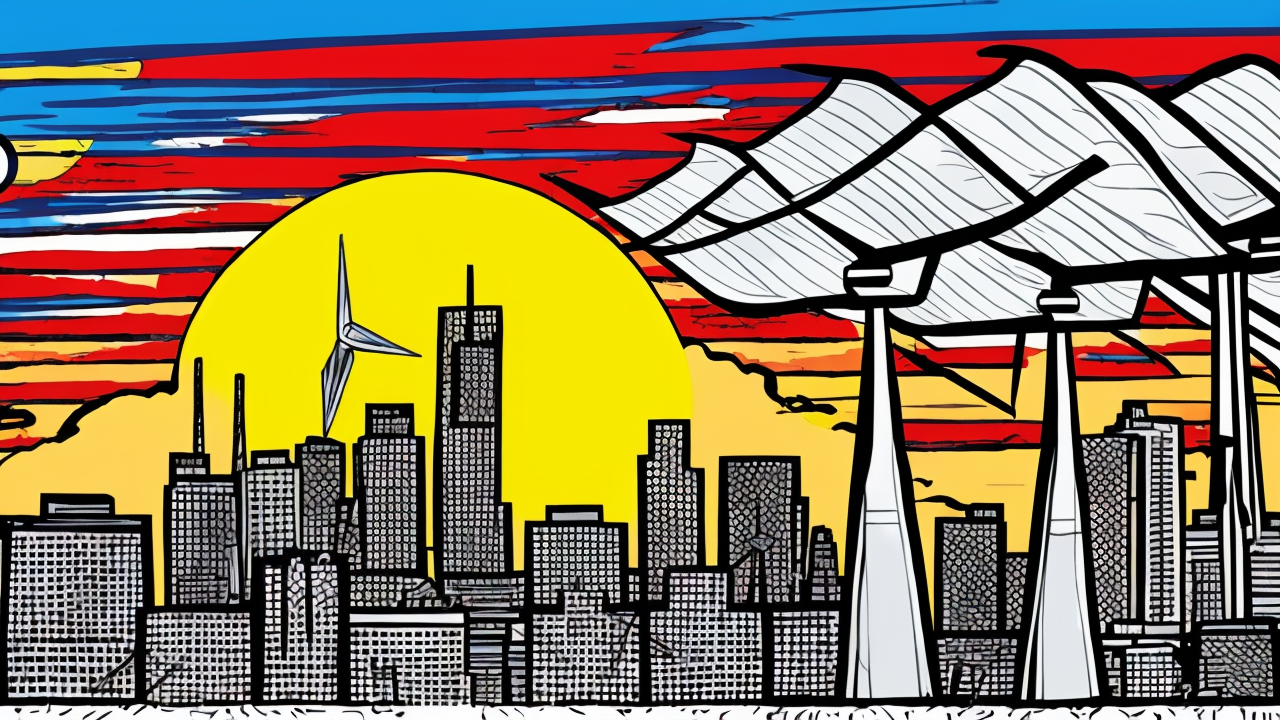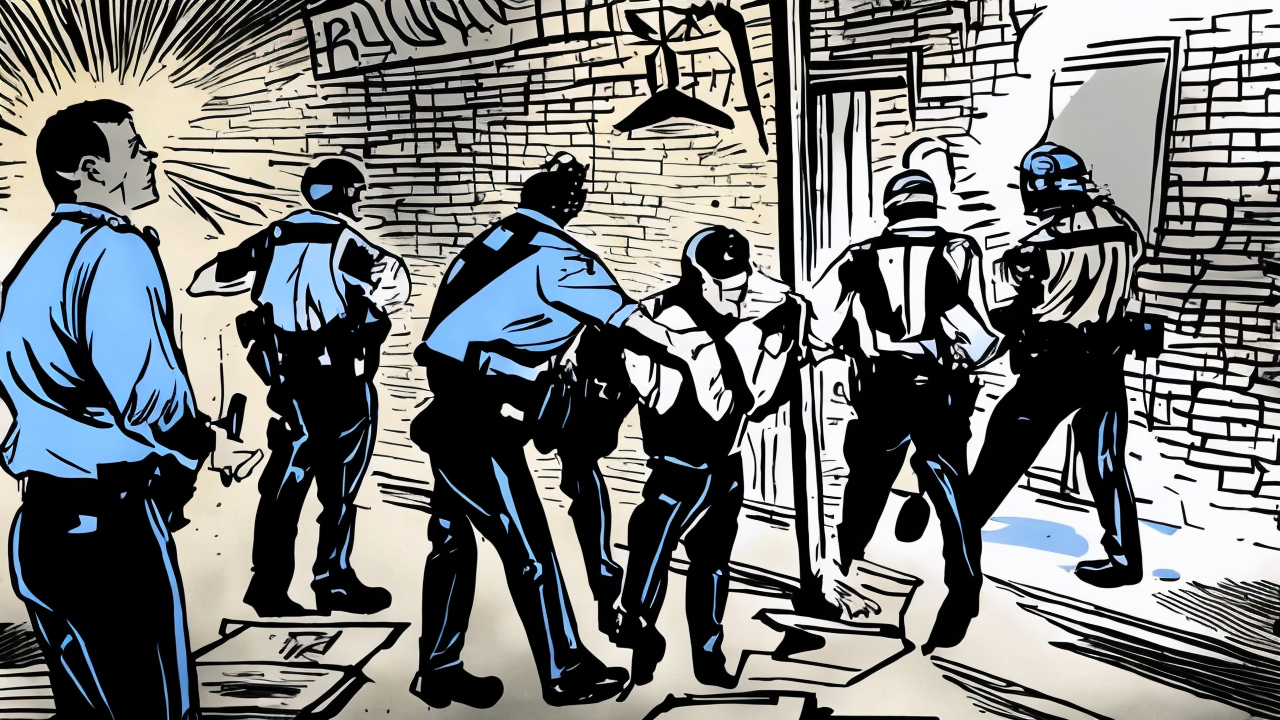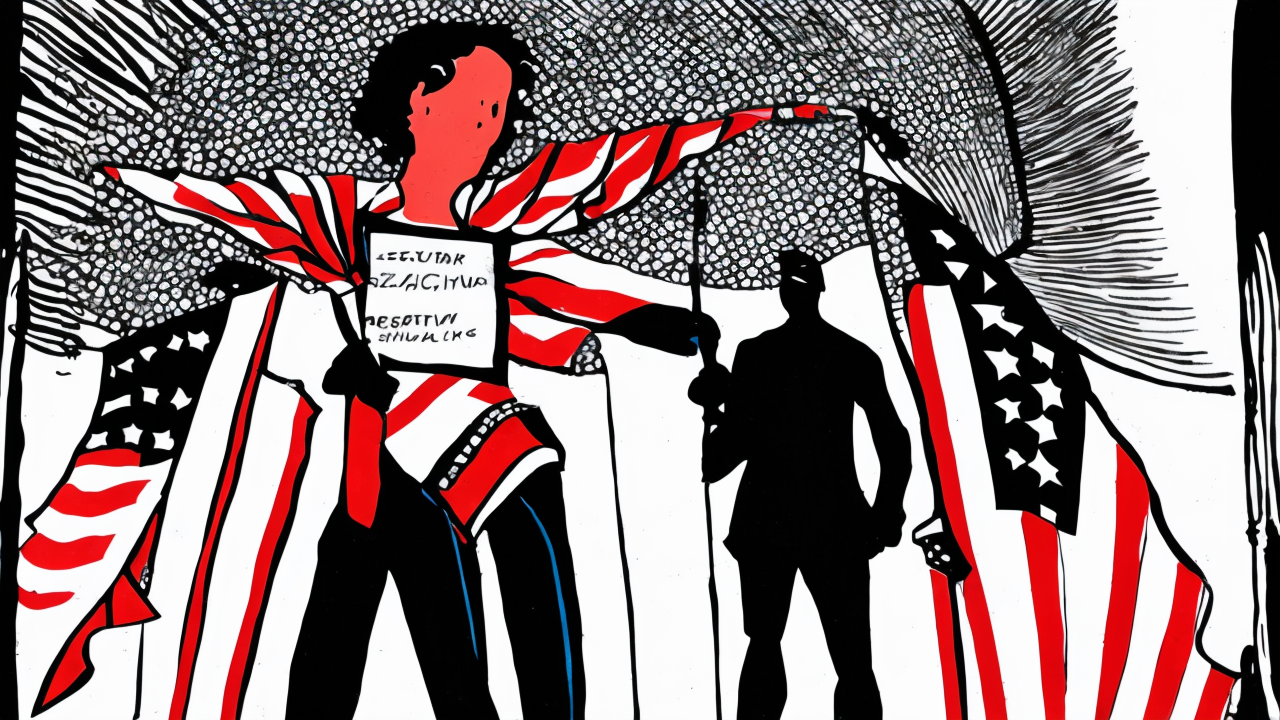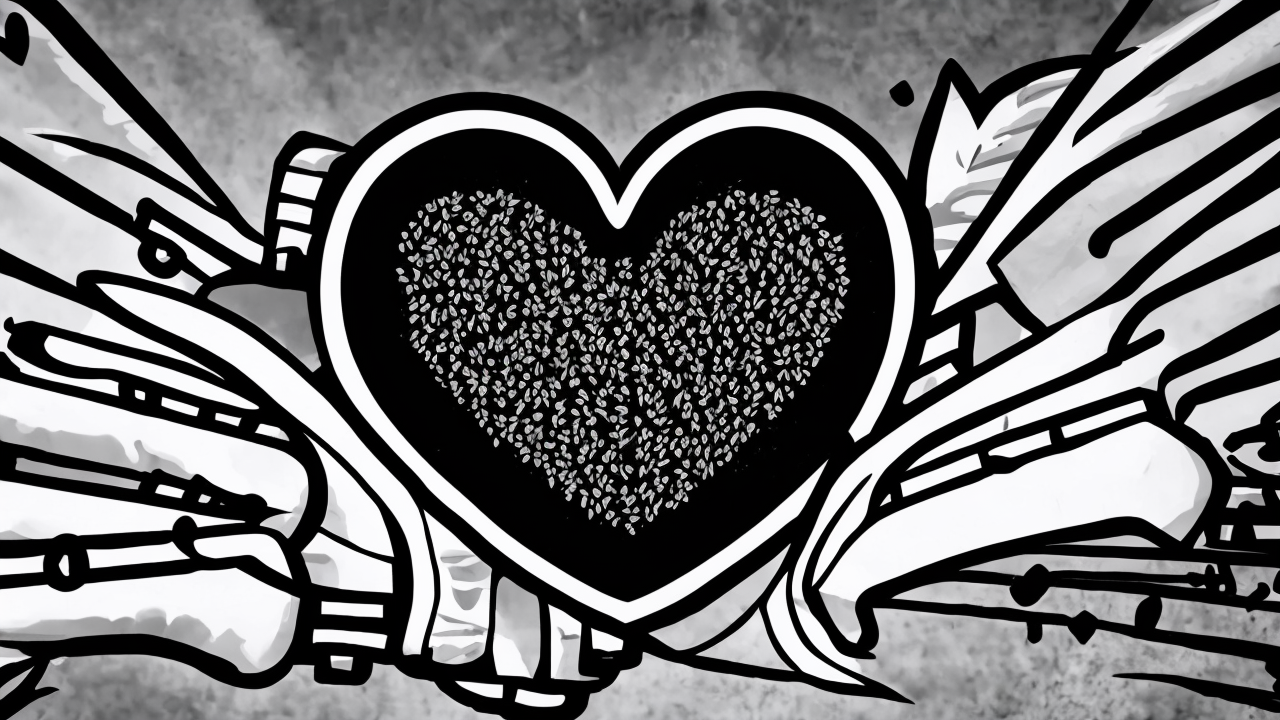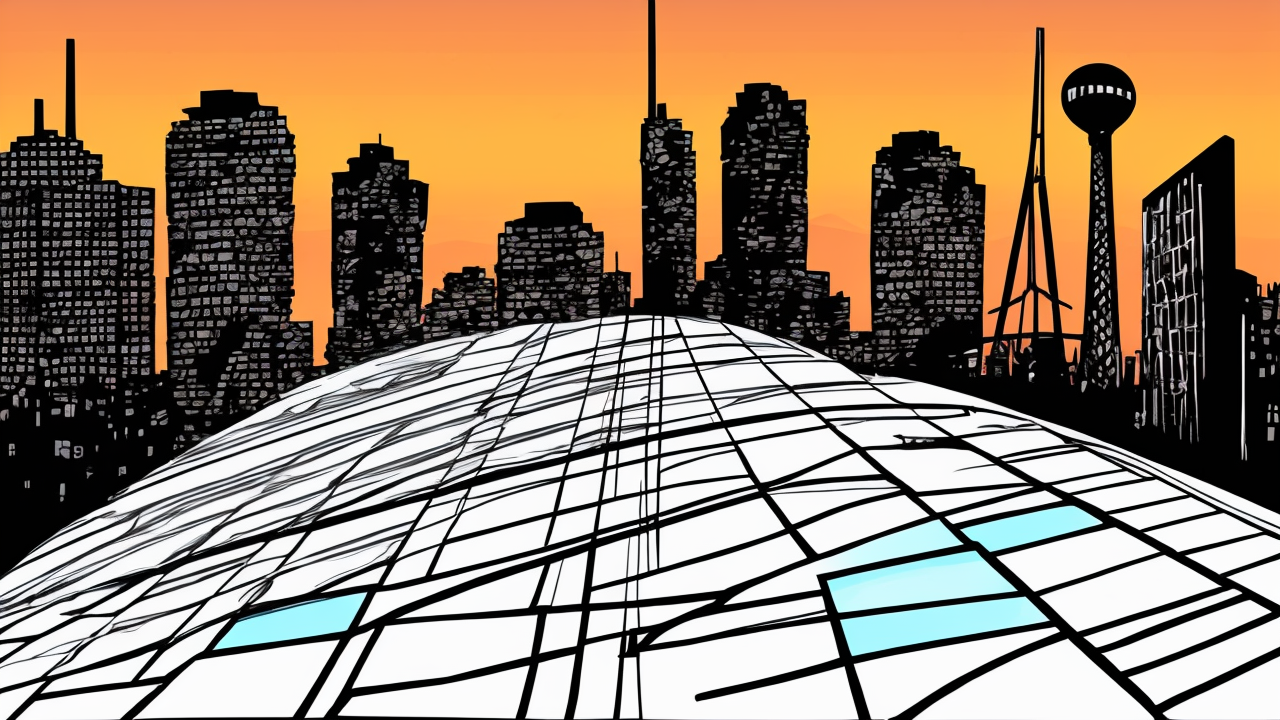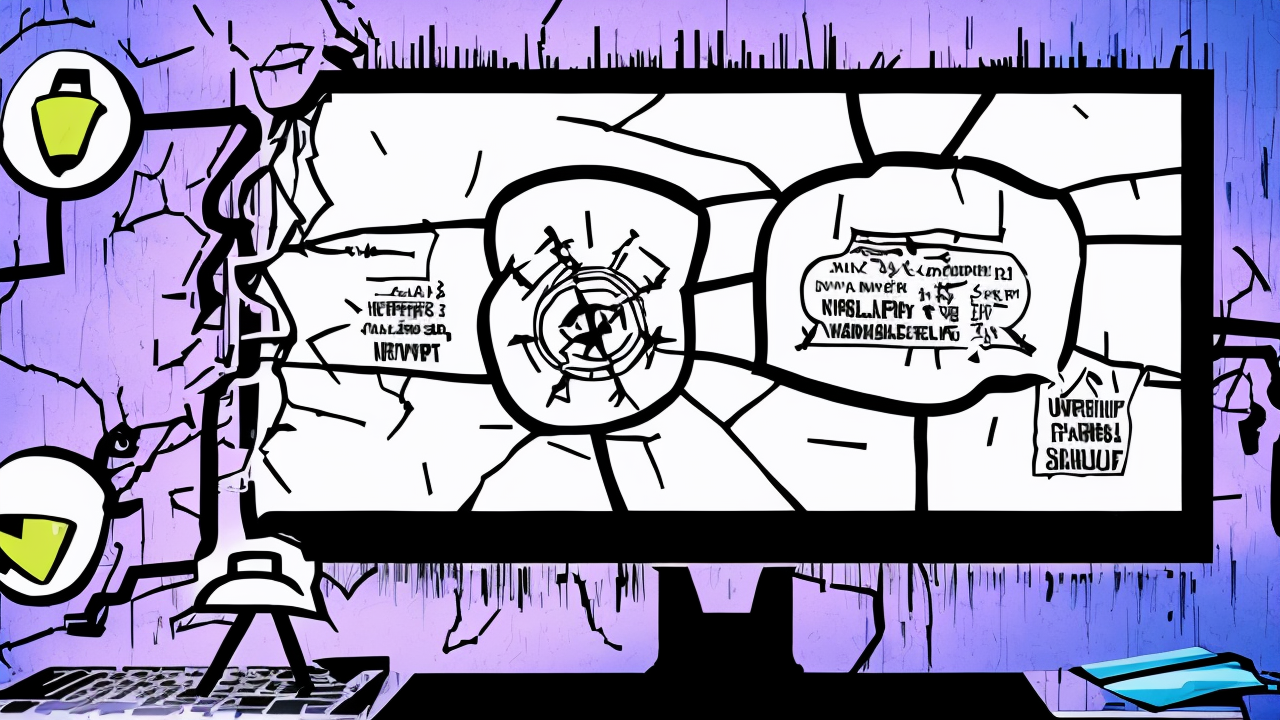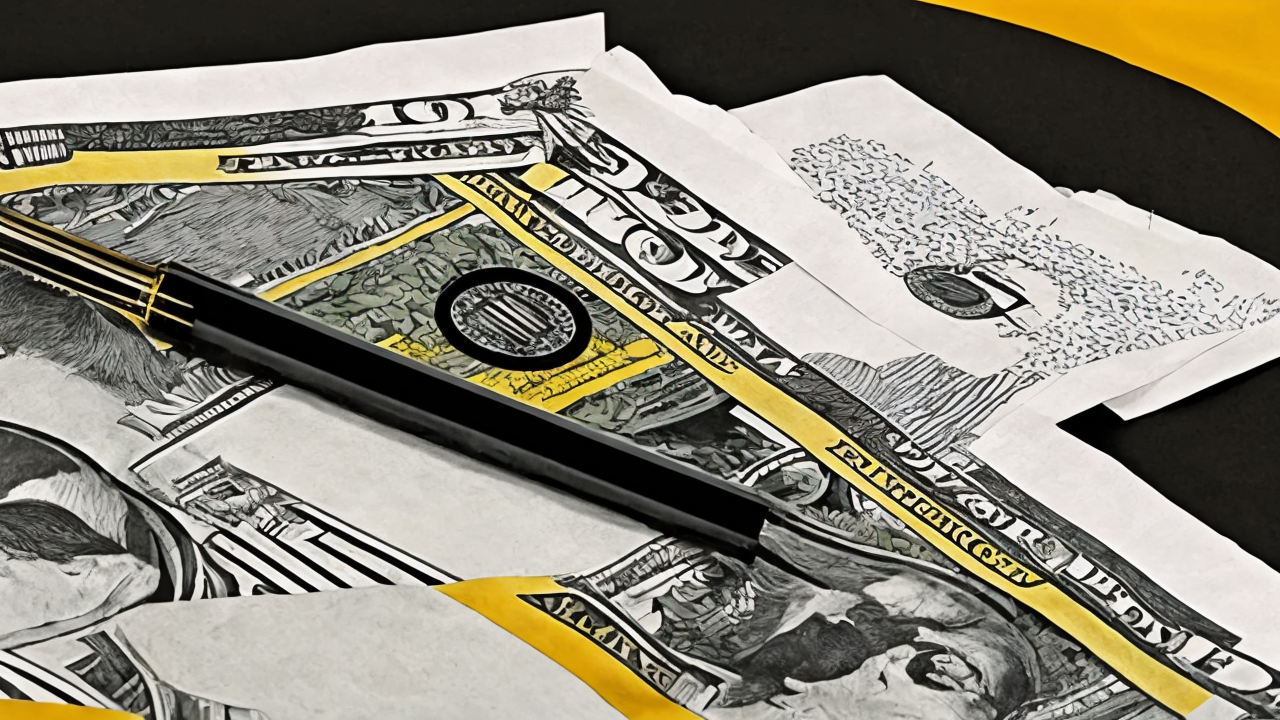Halloween: A Day of Neo-Malthusian Fears and Failed Predictions
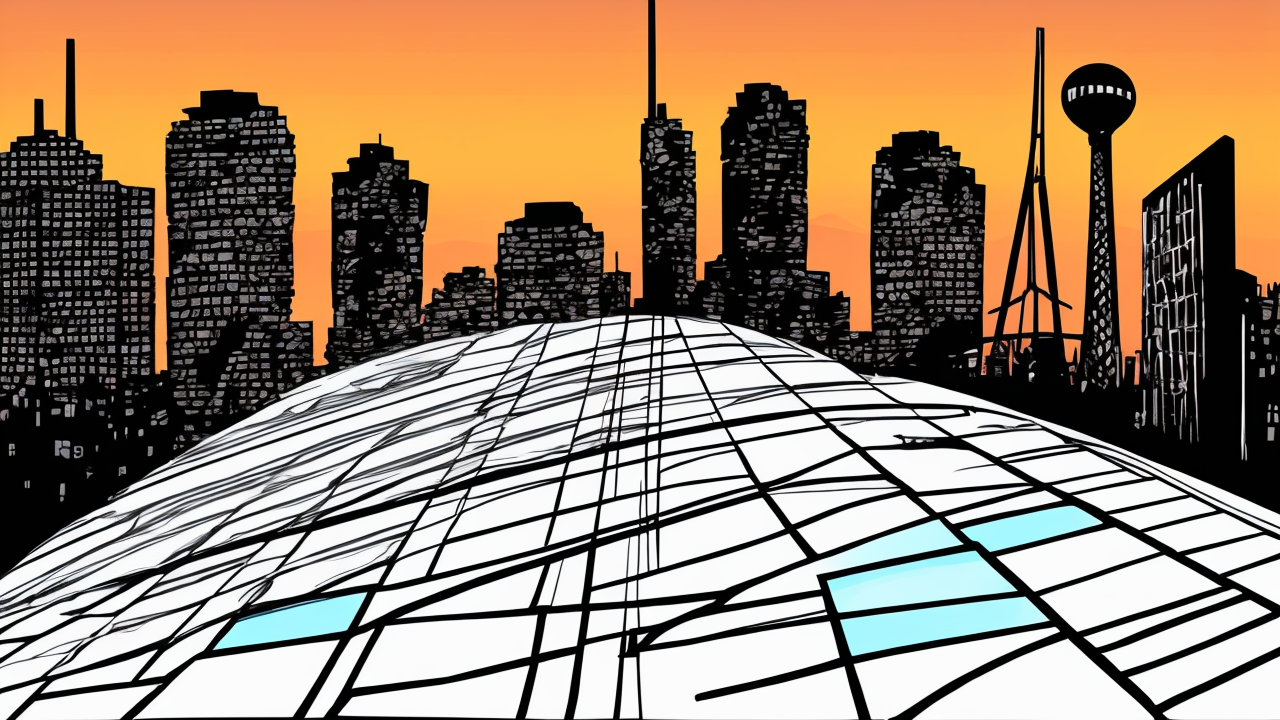
As children don costumes and roam neighborhoods in search of treats, we are reminded that not all fears are real. The same principle applies to the broader culture: some warnings are rooted in truth, while others stem from exaggerated narratives that distort reality. Nowhere is this clearer than in the recurring cycle of doomsday predictions tied to population growth, energy use, and climate change—predictions that have long been made with urgency, but consistently failed to materialize.
In the 1960s, Paul Ehrlich warned of mass starvation, claiming that overpopulation would inevitably lead to widespread famine. By the 1970s, similar fears circulated about resource depletion and environmental collapse. Decades later, these forecasts have not come to pass—not because of luck, but because of human ingenuity, hard work, and the power of free markets to adapt and improve.
Even Thomas Friedman’s 2009 assertion that modern lifestyles were unsustainable “Ponzi schemes” has not held up. The world did not collapse. Instead, technological advances in agriculture, energy production, and manufacturing allowed for greater efficiency and expanded access to resources. Millions have risen from poverty, not because of top-down mandates, but because of innovation driven by individual initiative and private enterprise.
Now, as the United Nations prepares for COP 30 in Brazil, we are once again hearing calls for sweeping global controls on energy use, economic activity, and national policy. These proposals often frame environmental concerns as existential threats, demanding drastic action that could limit freedom, raise costs, and weaken national sovereignty. Yet history offers a different lesson: when governments impose rigid controls, economic growth often slows, innovation stagnates, and ordinary people suffer.
Consider the impact of recent climate policies in the United States. While well-intentioned, efforts to shift energy sources overnight, regulate emissions without viable alternatives, and impose new taxes have led to higher electricity prices, reduced reliability, and strain on industries vital to the economy. These outcomes are not signs of progress, but of misjudged priorities.
True progress has always come from freedom—not fear. The Industrial Revolution, the Green Revolution, and today’s rapid advancements in solar, wind, and battery technology were not the result of centralized planning. They were born in homes, labs, and small businesses where individuals were free to experiment, fail, and succeed.
The market, guided by competition and consumer demand, has consistently found better ways to meet needs without destroying the environment. When people are allowed to innovate, they naturally seek cleaner, more efficient solutions. They do not need government to tell them what to do.
The real danger is not climate change, nor population growth, but the belief that only government can solve complex problems. This mindset erodes self-reliance, undermines national pride, and fosters dependency on distant bureaucracies. It replaces personal responsibility with top-down mandates, and it treats citizens as problems to be managed rather than people with the capacity to contribute.
This Halloween, as we laugh at ghosts and monsters, let us also question the modern myths we’ve been taught. The fear of scarcity, of collapse, of doom—these are not facts, but narratives that can be used to justify control. The real story is one of resilience. Of families working hard, of entrepreneurs solving problems, of communities thriving through cooperation and ingenuity.
The future belongs not to fear, but to freedom. Not to regulation, but to responsibility. Not to global mandates, but to local solutions built on trust, hard work, and the belief that people, when given the chance, will do what is right.
Let this season remind us: the greatest threats are not in the dark, but in the loss of confidence in our own ability to build a better world. And that world begins not with fear, but with faith—faith in people, in progress, and in the enduring strength of a free and responsible society.
Published: 10/31/2025

